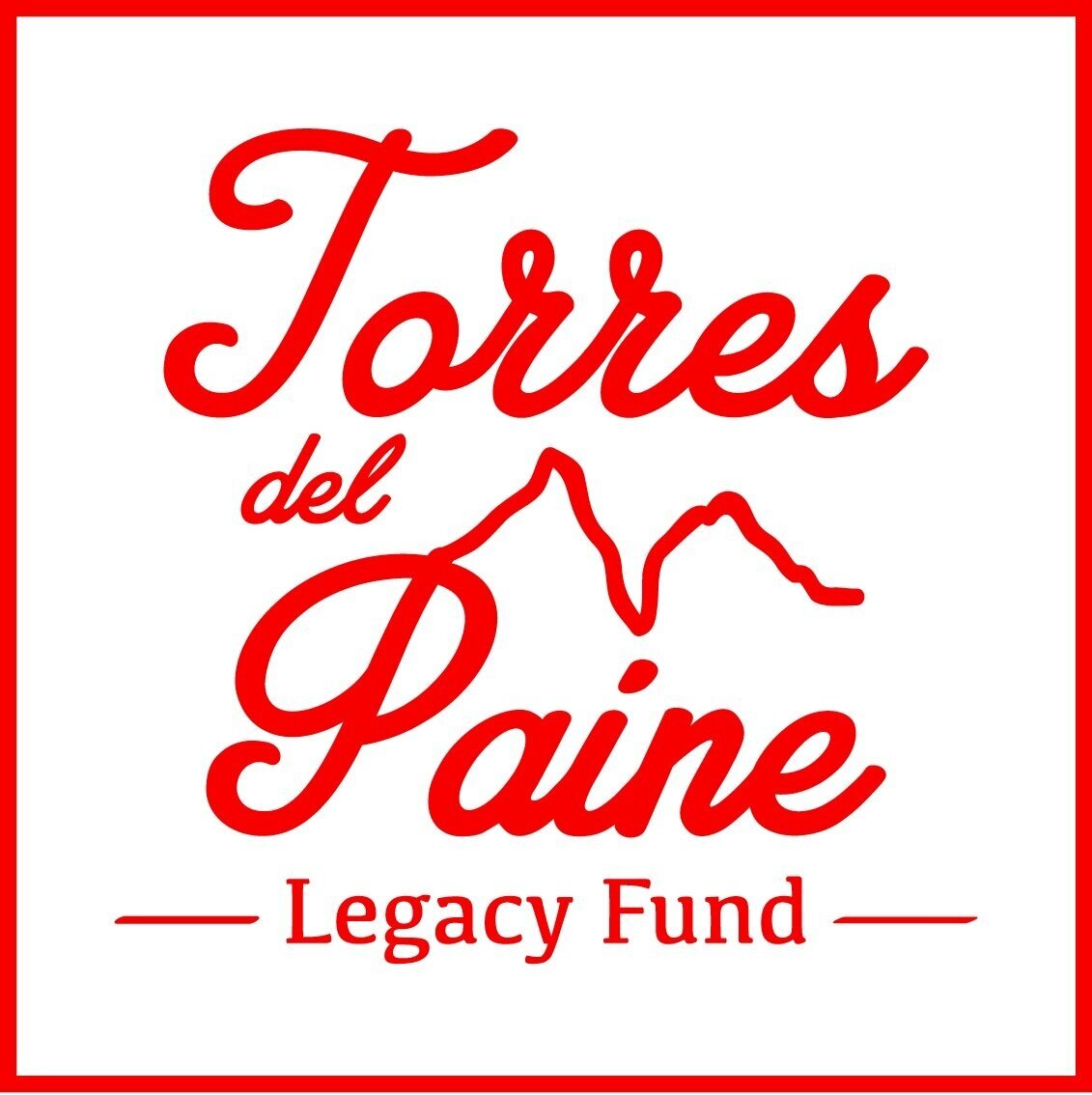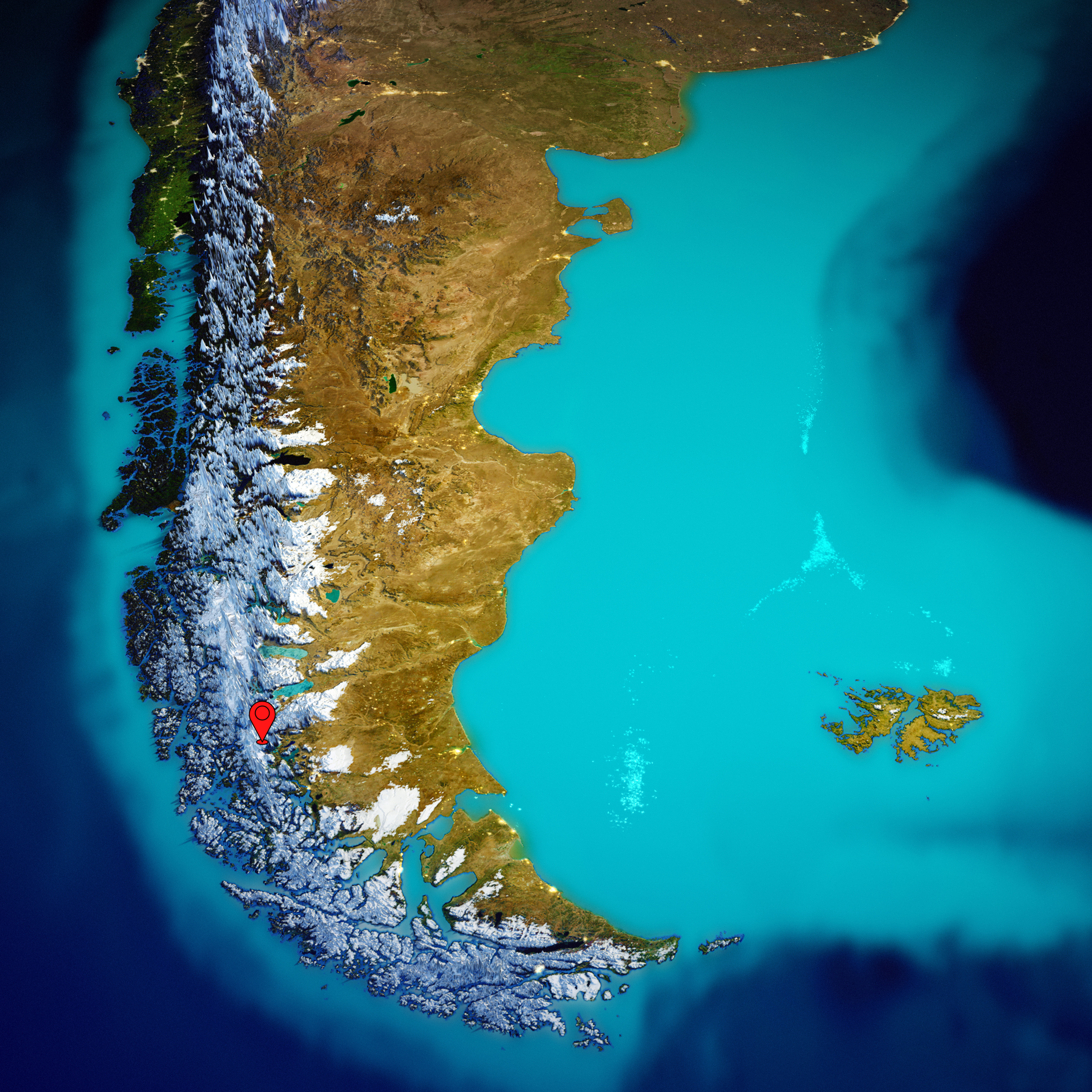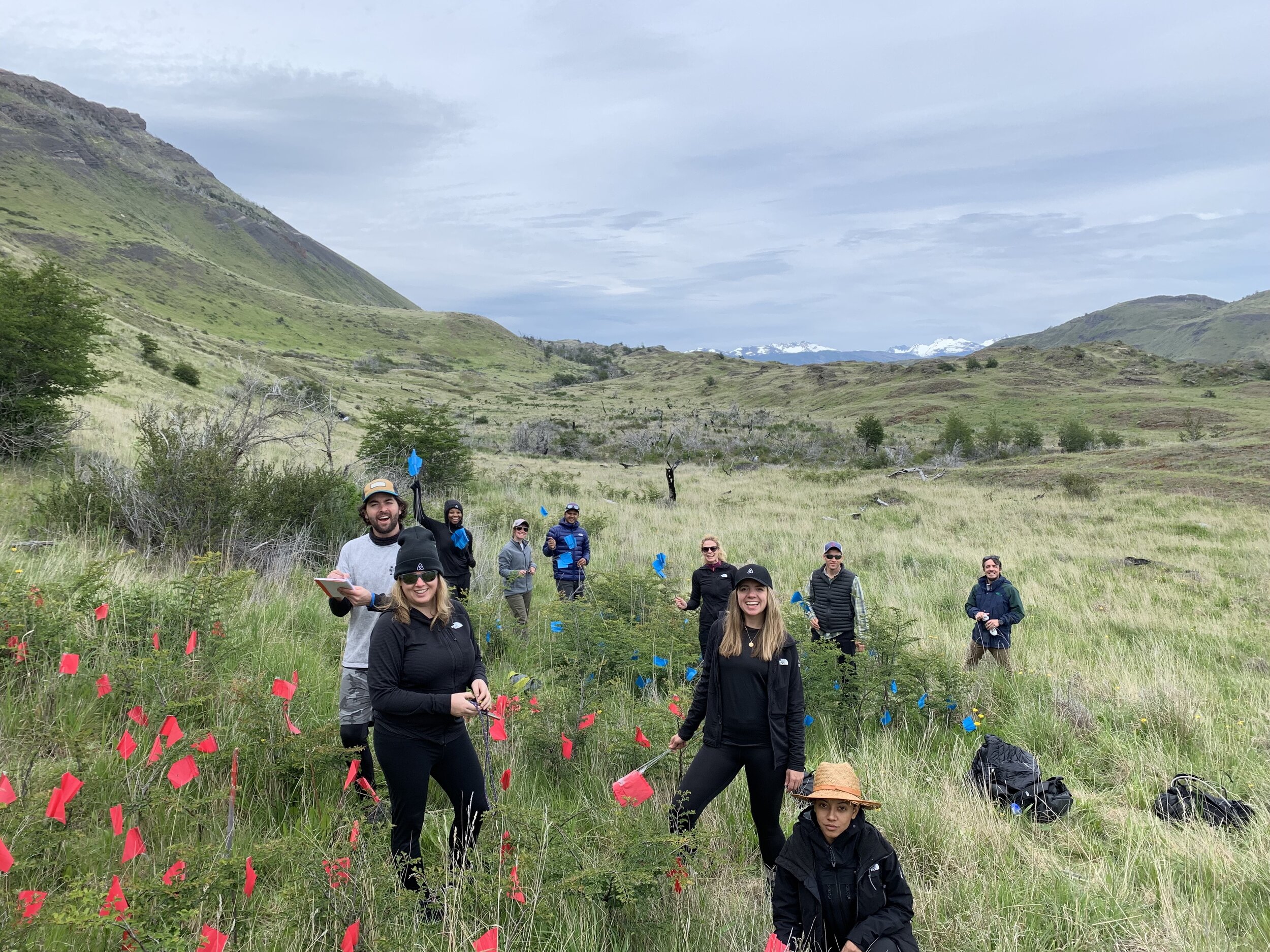The 8th Wonder of the World
Majestic granite peaks, piercing blue lakes, and otherworldly wind make this UNESCO biosphere reserve an ecological treasure trove. It is both approachable and ferocious, and its powerful enigma entices over 280,000 tourists each year, a number that has steadily risen by 10% annually. With 227,298 hectares of diverse terrain and hundreds of kilometers of trail, it’s no wonder that Torres del Paine National Park has become a world-renowned trekking destination.

Torres del Paine National Park lies in the Magallanes region of Chile.
Magallanes is the country’s largest region, extending from the Southern Patagonian Ice Field to the furthest point south on continental earth. In Magallanes, and particularly in the province of Última Esperanza, fishing, mining, cattle raising, and tourism dominate the local economy. Patagonia’s expansiveness, its people, and unique flora and fauna, make this part of the world unlike any other.
Torres del Paine National Park is located 1.5 hours north of the port city of Puerto Natales -- quite close to neighboring Argentina.
An Increasingly Loved Destination
The unique draw of Torres del Paine has resulted in a sharp increase in visitation to both the national park and the Magallanes region of Chile -- especially over the last 10 years. While this growth in tourism has yielded net positive economic benefits, tourism influx has also exacerbated environmental pressures and brought on new sustainability challenges.
The park’s limited trail system struggles under heavy foot traffic, resulting in overcrowding and erosion.
Energy and waste systems were designed for far fewer people than they currently serve.
Since 1985, three fires, all started by tourists, have ravaged almost 1/5th of the park, including nearly 45,000 hectares of native lenga tree (Southern beech) forests.
Regenerative travel to Patagonia:
While much of our programmatic work focuses on 7-10 days of environmental education, exchange, and empowerment with Chilean volunteers — we have a 1-day citizen-scientist program so that you can volunteer while you’re visiting the park. Interested? Join us to receive information.


